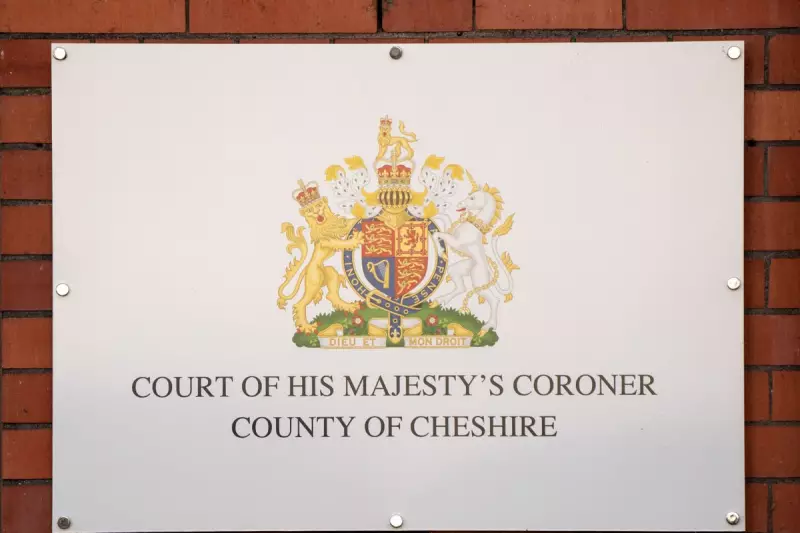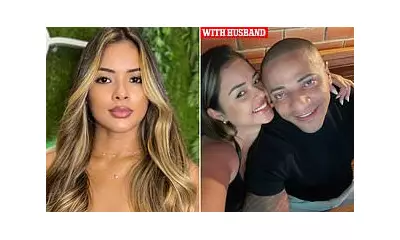
The harrowing account of Charlotte Tetley, a survivor of the Rochdale grooming gang scandal, has cast a renewed and stark light on the catastrophic systemic failures that allowed predatory men to exploit vulnerable children for years.
Ms. Tetley was just 14 years old when she was targeted by the gang. She has described in chilling detail how she was plied with alcohol, drugs, and gifts before being subjected to horrific sexual abuse by multiple men. Her story is a painful testament to the grooming process, where affection and attention were used as weapons to manipulate and control.
A System That Looked Away
Perhaps even more shocking than the crimes themselves was the response, or lack thereof, from the authorities meant to protect her. Ms. Tetley recalls how her cries for help were repeatedly ignored.
She was often dismissed as a "troublesome teenager" making lifestyle choices, a label that effectively painted her as complicit in her own abuse and allowed her perpetrators to operate with impunity. This failure was not an isolated incident but part of a wider pattern identified in subsequent reports, which highlighted "blatant collective failures" by police and social services.
Life After the Abuse
Now an adult, Charlotte Tetley is a mother, and her past trauma continues to shape her present. She speaks openly about the profound and lasting psychological impact of the abuse, including struggles with trust and the constant fear for her own children's safety.
Despite the immense personal cost, she has shown remarkable resilience. Her decision to speak out is driven by a powerful need for justice and a determination to ensure that such failures are never repeated. She has become a vocal advocate, calling for greater awareness and improved support for survivors of child sexual exploitation.
A Legacy of Injustice and a Hope for Change
The Rochdale grooming scandal, which culminated in the conviction of nine men in 2012, exposed deep-seated problems within UK safeguarding institutions. The subsequent independent review confirmed that victims were failed by those who were supposed to protect them.
Charlotte Tetley’s brave testimony adds a crucial, human voice to this national disgrace. It serves as a stark reminder of the urgent need for cultural and procedural change within police forces and social services to prioritise and believe child victims. Her story is not just one of survival, but a continued fight for accountability and a safer future for all children.





